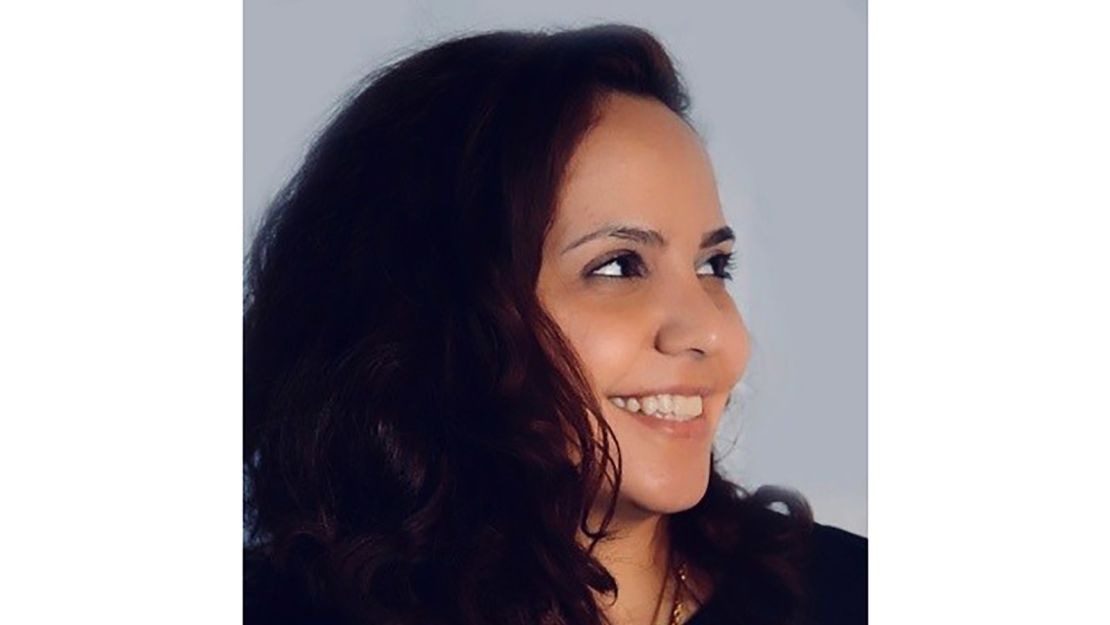Saudi Arabia temporarily released three of the 11 women activists standing trial for charges related to their human rights work, the state-run Saudi Press Agency (SPA) reported Thursday.
Saudi rights group Alqst identified the released women as Aziza al-Youssef, Ruqayyah al-Muharib and Eman al-Nafjan. All three were detained in a government crackdown on dissent in recent years.
The trial of the 11 activists resumed in Riyadh on Wednesday.
“The court shall continue to hear their cases and [the newly-freed women] have to attend the hearing. The trial is pending until final judgments are obtained,” SPA reported.
Muharib, an academic, was arrested as part of a crackdown on clerics, intellectuals and activists in September 2017.
Youssef and Nafjan were detained in an arrest sweep that targeted women’s rights defenders in May 2018, just weeks before the kingdom ended its ban on women driving.

Youssef, who is over 70, was one of the country’s first activists campaigning for the right to drive and signed a petition in recent years calling for an end to the country’s?guardianship laws?that grant men control over their female family members.
Nafjan is a well-known blogger who drove in Riyadh in 2013 as part of a protest that attracted international attention.
While Saudi Arabia has not made the charges against any of the women public, Human Rights Watch reported in mid-March that they appeared to be “almost entirely related to their human rights activities.” The charges also include contact with international organizations, foreign media and other activists, the rights group said.
CNN has seen the charge sheet for one of the most prominent activists on trial, Loujain al-Hathloul. In a section titled “crimes committed,” Hathloul is accused of activism against the kingdom’s restrictive male guardianship laws, along with contact with foreign journalists and diplomats.
The charges against Hathloul rely on a series of alleged confessions, according to the documents, which state that she confessed to applying for a job at the UN along with confessing to being in contact with Human Rights Watch and Amnesty International. Hathloul applied to the UN’s Young Professionals Programme in 2017, her family members told CNN.
The Saudi government has not responded to CNN’s request for comment on the details in Hathoul’s charge sheet. In the past, the kingdom has not responded to repeated requests for information on the charges against the women.
A UN spokesman referred CNN to a UN human rights office statement from June 2018 that called for the release of Hathloul and other detained Saudi human rights defenders.
Hathloul has asked the court for bail and hopes to be released this week, her family told CNN.
The women’s arrests drew international condemnation, including at?the United Nations Human Rights Council,?where a statement in March signed by 36 countries named some of the activists and called for their release. It was the first collective rebuke of the kingdom at the forum.
Saudi activists and Human Rights Watch have alleged that some female detainees have been tortured and sexually harassed in prison.
Hathloul’s family members said she has reported being physically and sexually abused in detention. During a visit to the prison by her parents, she told them that she was regularly whipped, beaten, electrocuted and sexually abused in a basement she called the “palace of terror,” her brother, Walid al-Hathloul, wrote in a CNN opinion piece in January.
Saudi authorities did not respond to CNN’s request for comment on the torture allegations. Riyadh previously denied allegations of torture in a statement to CNN following an initial Human Rights Watch report alleging the abuse in November.
CNN’s Deborah Bloom and Hamdi Alkhshali contributed to this report.

